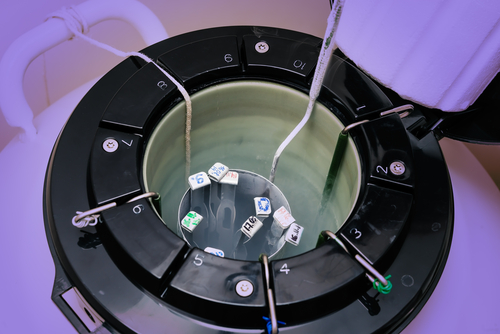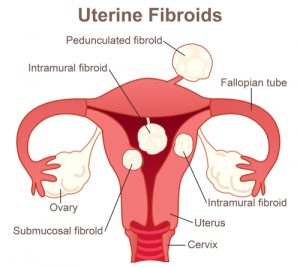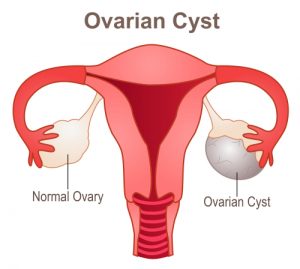WORDS LIM TECK CHOON
FEATURED EXPERTS
 DR ASHLEY CHUNG SOO BEE DR ASHLEY CHUNG SOO BEEConsultant Obstetrician & Gynaecologist and Fertility Specialist Sunway Medical Centre Velocity |
 DR FARAH LEONG RAHMAN DR FARAH LEONG RAHMANConsultant Obstetrician & Gynaecologist and Fertility Specialist Sunway Medical Centre Velocity |
Not everyone that wants to be a parent can set out to become one at the present.
They may want to establish their career or education first, for example, or perhaps they aren’t certain that they are emotionally and financially ready to be a parent at the moment.
However, one’s fertility decreases over time, especially for women, so in the past, it would be a race against time to achieve one’s dreams of parenthood.
These days, technology has opened up the option of ‘freeze framing’ one’s fertility at their peak, for use when they are ready but their declining fertility at that point may make it more difficult for them to have a child.
This technology is called cryopreservation.
CRYOPRESERVATION OF A WOMAN’S EGGS
- More popularly known as egg freezing, this procedure involves the extraction of a woman’s eggs for freezing and storage.
- Dr Farah Leong Rahman shares that these eggs are frozen in liquid nitrogen at a temperature of around -195ºC.
- The eggs can be stored indefinitely through an extremely quick freezing or vitrification process. However, the Human Fertilization and Embryology Association recommends that eggs should only be frozen for up to 55 years.
- This is something that can be considered by women that wish to defer motherhood to a later age, or those that would undergo medical procedures that will affect their fertility such as cancer treatments.
“In egg freezing, a woman goes through a series of hormonal medications to stimulate her ovaries to produce more eggs,” Dr Farah tells us.
“Once the eggs are deemed to have reached maturation, egg retrieval is done to retrieve these eggs. From here, we can store these eggs for future use,” she adds.
OVARIAN INSUFFICIENCY & EGG PRESERVATION“Ovarian insufficiency means the ovaries stop functioning earlier than expected (before 40 years old), leading to the absence of menstruation,” explains Dr Ashley Chung Soo Bee. “If there is a family history of premature ovarian insufficiency, it is recommended for female family members to consider egg preservation prior to developing this condition if they plan to have a family in the future. Preserved eggs can be used through in-vitro fertilization to create healthy embryos for future pregnancies,” she adds. |
CRYOPRESERVATION OF A MAN’S SPERM
- A man’s sperm can also be frozen in a manner similar to egg freezing described above. This procedure is known as sperm cryopreservation.
- A semen sample will be obtained through ejaculation and then sent to the laboratory for cryopreservation.
- If the man is unable to produce semen naturally, Dr Ashley reveals that there are sperm retrieval procedures that may be able to overcome this issue.
- This is an option that can be considered by men that would be undergoing treatments that can affect their fertility, such as cancer treatments. According to Dr Ashley: “Cancer treatment can cause lower sperm production, damaged sperm, or the inability to produce sperm. These effects on sperm production can be temporary or permanent, depending on the type of treatment one undergoes.”
IS CRYOPRESERVATION SAFE?
Cryopreservation is considered to be a relatively safe procedure.
“The survival rate of frozen eggs and sperm is quite high,” Dr Farah tells us, “although there is always a possibility that some cells may not survive the thawing process.”
When it comes to freezing one’s eggs, the ovarian stimulation process may cause natural elevation of hormone levels in the woman. Dr Ashley shares that this may lead to side effects such as:
- Nausea.
- Mood swings.
- Hot flashes.
- Headaches.
“A small number may be at risk of ovarian hyperstimulation syndrome or OHSS, and may experience symptoms such as nausea, flatulence, tummy discomfort or pain, and vomiting,” Dr Ashley adds.
To minimize the risk of side effects, the fertility doctor will come up with a customized regime based on one’s needs, age, health status, and other factors.



 DR WONG YEN SHI
DR WONG YEN SHI
